
Get your Online Degree, Certification, or Qualifications with Best Migration Services’s Qualifications Australia Program.
Life Continuously Offers Pathways & Right Qualification Offers Better Future
Life is a continuous journey of seeking and choosing the pathway that best suits your life goals and values.
Gaining the right qualification help you meet your career goals in an ever changing and competitive global job market and see yourself in a rewarding career.
Australia offers a professional qualification that makes a difference. Australian qualification allows you to gain appropriate knowledge, understanding and skills with the relevant Australian standards. Furthermore, the Australian qualification enjoys an international recognition and reputation.
If you are new to Australia or a newly arrived skilled migrant in Australia, Qualification Australia can help you obtain the most suitable Australian qualification or get your overseas qualification or work experience
recognised to work in your area of expertise in Australia.
Partner Visas (also known as “Spouse Visas”) for Australian Filipina couples who are married or in genuine de facto (common law or “live in”) relationships. Also for same-sex partners in de facto relationships (or in same-sex marriages). Partner Visas are for the Filipina wives and partners of Australians who wish to live together in Australia on a permanent basis.
They require sponsorship of the Filipina visa applicant by an Australian Citizen, Permanent Resident, or Eligible New Zealand Citizen. Initially, a 2-year Subclass 309 Offshore Partner Visa (or Subclass 820 Onshore Partner Visa) is granted and allows the visa holder to come to Australia from Philippines (or to remain in Australia with an onshore visa application).
You must be committed to each other and to a shared life together. This is not a try-before-you-buy visa. You may be either married or in an existing genuine de facto relationship. If you are intending to marry, then you need to be legally free-to-marry (ie. never married, or already divorced). If you are in an existing de facto relationship, you may be still legally married as long as that relationship is well and truly over.
You may not apply for a partner visa so you can commence a de facto relationship. It must be existing, and you need to be able to prove this with solid evidence.
-
PARTNER VISA (SUBCLASS 820 AND 801)
Eligibility:
You must be married or in a de facto relationship with:
- an Australian citizen
- an Australian permanent resident
- an eligible New Zealand citizen
Your marriage must be valid under Australian law. This means you must have parental permission if you are 16 or 17 years of age. You must have been in a de facto relationship for at least 12 months
Length of stay
- on the temporary 820 visa, you can stay until a decision is made on your permanent Partner visa (subclass 801)
- on the permanent 801 visa, you can stay permanently
-
PARTNER VISA (SUBCLASS 309 AND 100)
Eligibility:
You must be married or in a de facto relationship with:
- an Australian citizen
- an Australian permanent resident
- an eligible New Zealand citizen
Your marriage must be valid under Australian law. This means you must have parental permission if you are 16 or 17 years of age. You must have been in a de facto relationship for at least 12 months.
Length of stay
- on Subclass 309 Visa, you can stay until a decision is made about your permanent Partner Visa (Subclass 100)
- on Subclass 100 Visa, you can stay permanently
All Partner Visas, whether onshore or offshore:
- Provide access to applying for Medicare benefits
- Give full work rights, so the visa applicant may work in Australia
- Are multiple-entry, and allow free access in and out of Australia
- Allow the inclusion of dependent children as secondary applicants to the partner visa
Offshore application (ie. applied-for in the Philippines)
This is the option when the Filipina visa applicant is in the Philippines and remains there during the processing of the visa.
- It may be lodged before the wedding, as long as the wedding takes place within the processing time.
- It’s the visa-of-choice for Australian Filipina couples who wish to marry in the Philippines
- It’s also the visa-of-choice for the Australian sponsor and Filipina applicant who would prefer not to rush through the processing.
- It’s lower-pressure than an onshore application.
Onshore application (ie. applied-for in Australia)
An onshore partner visa application is lodged inside Australia when the Filipina visa applicant is also there inside Australia at the time of application.
- It must be lodged after the wedding takes place. It’s not possible to marry afterward.
- It must be lodged before the visa that the applicant currently holds (often a tourist visa) runs out, so there is invariably a strict deadline
- If it’s lodged (a) after the wedding and (b) before the current visa runs out, the applicant is automatically issued a bridging visa
- It’s the visa-of-choice for in-a-hurry Australian Filipina couples who wish to be together in Australia during the processing time
- It’s not the visa of choice of those who can’t spare the time and who are not well organized to meet a deadline
- And note that any dependent children to be included in an onshore application must also be onshore at the time of lodgement
After two years of a successful relationship, a Subclass 100 or Subclass 801 Permanent Partner Visa may be granted.
Permanent Partner Visa (two years after applying for the temporary partner visa)
You actually “applied” for the permanent partner visa when you applied for the temporary partner visa, ie it was an 820/801 application onshore or a 309/100 application offshore. So you don’t apply again. But you do need to provide them with further documents and relationship evidence at this later stage to prove that your genuine relationship did exist and still exists. More information can be found here in this article about permanent partner visas.
Australian Offshore Partner Visas Pros and Cons
Pros
- Applicable to de facto couples
- Applicable to same-sex couples
- No follow-up temporary partner visa application needed
- May apply before the actual wedding takes place
- Full work rights
- Multiple entry visa
- May apply for Medicare after application lodged
- May include dependent children
- No time-limit in which to apply in the first place (except must marry in a reasonable timeframe), ie. it’s a lower-pressure option than an onshore partner visa
Cons
- Must be outside Australia to apply and for the visa to be granted
- Not eligible for bridging visas
- Must remain offshore during processing (unless visiting on a tourist visa)
- Wedding must take place before a visa will be granted
- High cost
- Requires a lot of evidence of relationship and other documentation
- Will lead to a five-year ban from re-applying if the visa is granted and the relationship ends
- Of no value to uncommitted couples
[insert page=’footer’ display=’content’]
MIGRATE TO AUSTRALIA FROM THE PHILIPPINES
Skilled migration visas provide one of the best opportunities for skilled workers to live and work in Australia permanently.
Australia is defined as the “Land of opportunity”. Australia offers excellent weather with cities that are clean, unpolluted, safe, peaceful, multicultural, and beautiful. It is a great place to raise a family since Australia boasts excellent schools and universities, coupled with great outdoor lifestyle and strong sports culture. Political stability that encourages freedom of speech makes it one of the safest multicultural countries to live in. Gorgeous beaches, fresh air, clear skies, unpolluted, and unique wildlife make Australia a great place to migrate. Why migrate to Australia? Well, because Australia is “as good as it gets”!
Where in the world can you finish work and head off to the beach everyday or have a cup of hot chocolate on your balcony as you stare into vast spaces of eucalyptus trees and chance upon a koala?
Under the Best Migration Services Australian General Skilled Migration (GSM) program, skilled migrants can use their qualifications, work experience and english language ability towards a points-based system to meet the Australian immigration services requirements for an Australian permanent residency visa.
Visa Types
SKILLED INDEPENDENT VISA (SUBCLASS 189) (POINTS-TESTED) STREAM
SKILLED NOMINATED VISA (SUBCLASS 190)
SKILLED REGIONAL (PROVISIONAL) VISA (SUBCLASS 489)
At Best Migration Services…
We understand Australia
We understand Australian Immigration Law
We understand You.


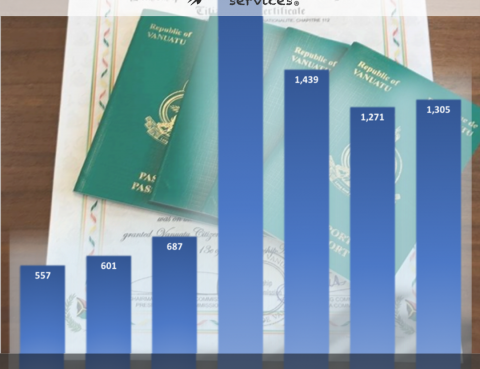
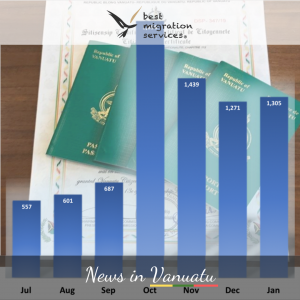
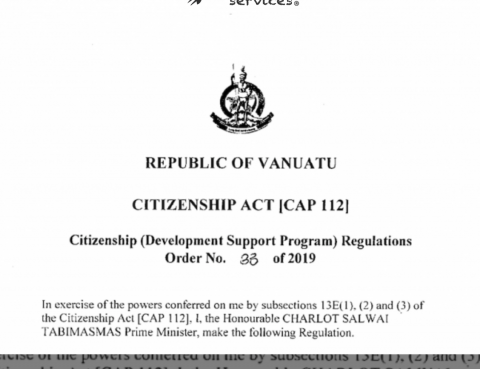
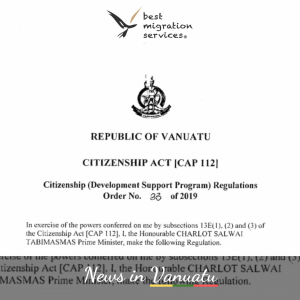 We’ve Been Expecting You
We’ve Been Expecting You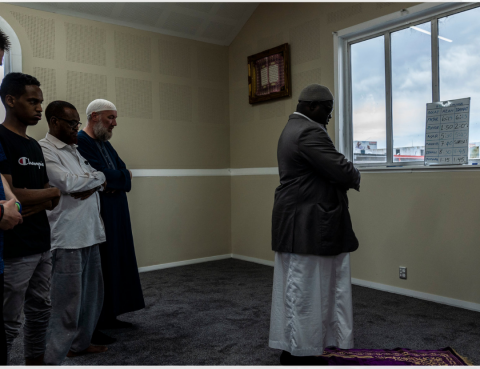
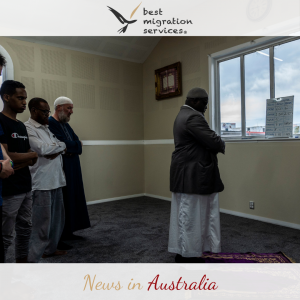
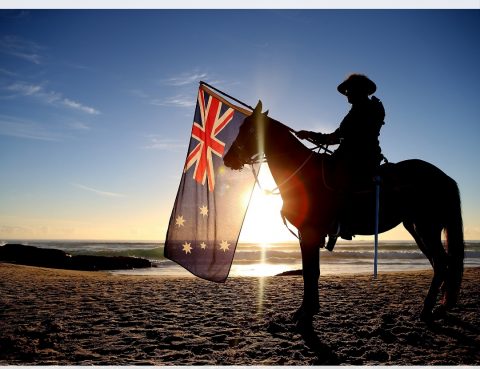
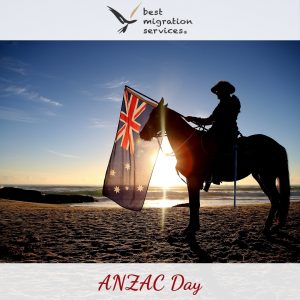

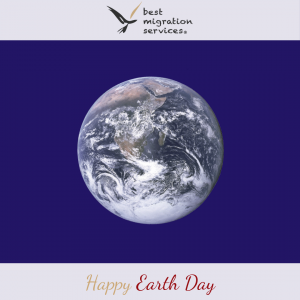

 It is evident that approximately about 80 percent of migrants settle in Sydney or Melbourne. The remainder choose the rest of the eastern coast region. Far and few travel outside metropolitan regions. Meanwhile, many regional towns continue to experience population decline and struggle to maintain the viability of basic services. For example, a town of Pilbara has experienced consistent decline it it’s population.
It is evident that approximately about 80 percent of migrants settle in Sydney or Melbourne. The remainder choose the rest of the eastern coast region. Far and few travel outside metropolitan regions. Meanwhile, many regional towns continue to experience population decline and struggle to maintain the viability of basic services. For example, a town of Pilbara has experienced consistent decline it it’s population.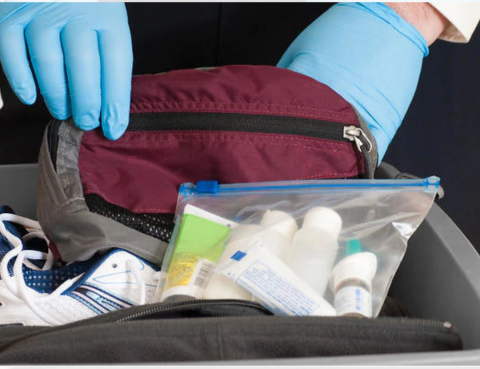
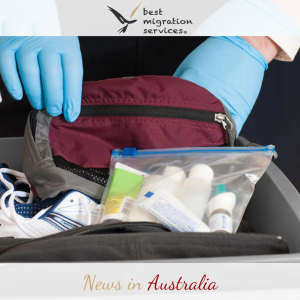 From April 17, visitors to Australia failing to declare prohibited items might have their visas shortened or canceled.
From April 17, visitors to Australia failing to declare prohibited items might have their visas shortened or canceled.